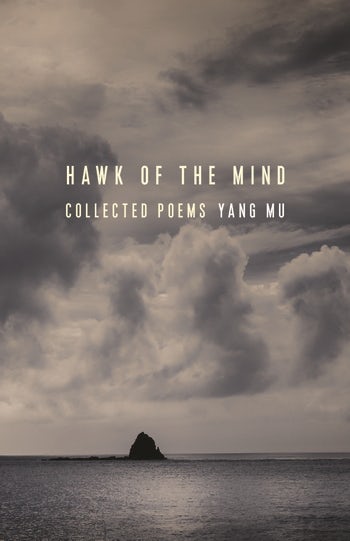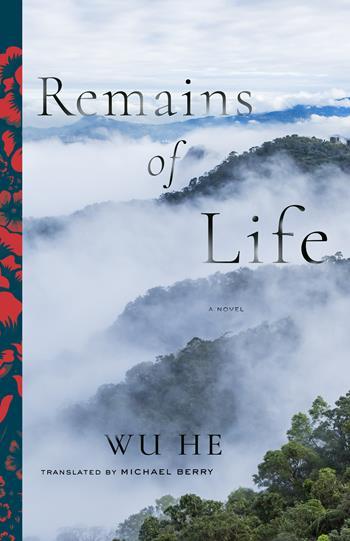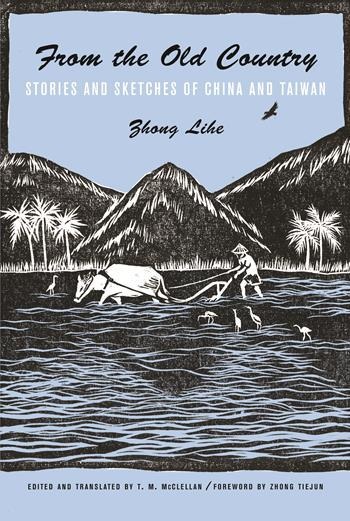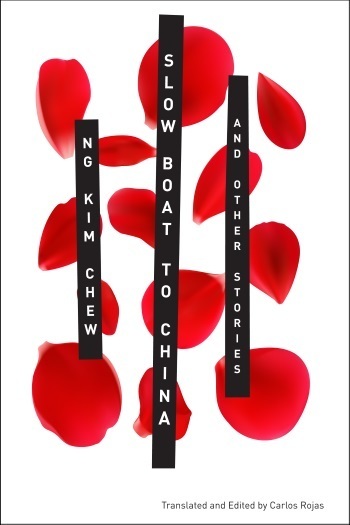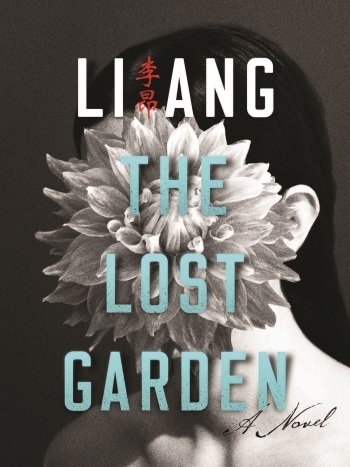Modern Chinese Literature from Taiwan
Columbia University Press
Hawk of the Mind
|
Remains of Life: a NovelWu He. Translated by Michael Berry
Columbia University Press, April 2017 On October 27, 1930, during a sports meet at Musha Elementary School on an aboriginal reservation in the mountains of Taiwan, a bloody uprising occurred unlike anything Japan had experienced in its colonial history. Before noon, the Atayal tribe had slain one hundred and thirty-four Japanese in a headhunting ritual. The Japanese responded with a militia of three thousand, heavy artillery, airplanes, and internationally banned poisonous gas, bringing the tribe to the brink of genocide. Nearly seventy years later, Chen Guocheng, a writer known as Wu He, or "Dancing Crane," investigated the Musha Incident to search for any survivors and their descendants. Remains of Life, a milestone of Chinese experimental literature, is a fictionalized account of the writer's experiences among the people who live their lives in the aftermath of this history. Written in a stream-of-consciousness style, it contains no paragraph breaks and only a handful of sentences. Shifting among observations about the people the author meets, philosophical musings, and fantastical leaps of imagination, Remains of Life is a powerful literary reckoning with one of the darkest chapters in Taiwan's colonial history. |
|
Slow Boat to China and Other StoriesNg Kim Chew. Translated and Edited by Carlos Rojas
Columbia University Press, March 2016. Ng creatively captures the riot of cultures that roughly coexist on the Malay Peninsula and its surrounding archipelago. Their interplay is heightened by the encroaching forces of globalization, which bring new opportunities for cultural experimentation, but also an added dimension of alienation. In prose that is intimate and atmospheric, these sensitively crafted, resonant stories depict the struggles of individuals torn between their ancestral and adoptive homes, communities pressured by violence, and minority Malaysian Chinese in dynamic tension with the Islamic Malay majority. Told through relatable characters, Ng's tales show why he has become a leading Malaysian writer of Chinese fiction, representing in mood, voice, and rhythm the dislocation of a people and a country in transition. |
The Lost Garden
|
For additional titles, please visit the Columbia University Press website: https://cup.columbia.edu/series/modern-chinese-literature-from-taiwan

